- myFICO® Forums
- Types of Credit
- Credit Cards
- Surprising message from Target Redcard
- Subscribe to RSS Feed
- Mark Topic as New
- Mark Topic as Read
- Float this Topic for Current User
- Bookmark
- Subscribe
- Mute
- Printer Friendly Page
Surprising message from Target Redcard
Is your credit card giving you the perks you want?
Browse credit cards from a variety of issuers to see if there's a better card for you.
- Mark as New
- Bookmark
- Subscribe
- Mute
- Subscribe to RSS Feed
- Permalink
- Report Inappropriate Content
Surprising message from Target Redcard
A few days ago I changed my mobile carrier, porting my number to the new carrier. Today I got an email from Target Redcard. I am surprised (well, amazed actually) that a) a carrier would inform them, knowing my number has been ported and b) the issuer would care!
I am a little concerned about what else might get impacted
| For RedCard ending in XXXX | |
| Hello LTL, | |
| Your carrier notified us that your mobile phone number has been deactivated. We’ve removed XXXXXXXXXX from your online profile. | |
| To update your mobile phone number and enroll in mobile alerts, go to Target.com/myRedCard. Thanks for using Manage My RedCard! |
- Mark as New
- Bookmark
- Subscribe
- Mute
- Subscribe to RSS Feed
- Permalink
- Report Inappropriate Content
Re: Surprising message from Target Redcard








Goal Cards

- Mark as New
- Bookmark
- Subscribe
- Mute
- Subscribe to RSS Feed
- Permalink
- Report Inappropriate Content
Re: Surprising message from Target Redcard
That's bizarre! At least to me. How could the carrier... oh, wait, were you auto-paying your phone bill with the credit card in question? (I know nothing about this card, i.e., if it's a store or major credit card.) If not, how did they even know about this credit card?














- Mark as New
- Bookmark
- Subscribe
- Mute
- Subscribe to RSS Feed
- Permalink
- Report Inappropriate Content
Re: Surprising message from Target Redcard
@SoCalGardener wrote:That's bizarre! At least to me. How could the carrier... oh, wait, were you auto-paying your phone bill with the credit card in question? (I know nothing about this card, i.e., if it's a store or major credit card.) If not, how did they even know about this credit card?
Mine is the debit card, so no bill pay. I had/have apparently registered my number for alerts on this card, but that's the case with nearly all my cards. I don't know if that was specially sent to the old provider for verification at some point. When I readded it now, just the usual text verification.
Given the carrier knows that the number is ported (it's that process that closes the account) informing anyone sounds strange to me.
- Mark as New
- Bookmark
- Subscribe
- Mute
- Subscribe to RSS Feed
- Permalink
- Report Inappropriate Content
Re: Surprising message from Target Redcard
Reality is there isnt anything they dont know if you are conducting your business online.




- Mark as New
- Bookmark
- Subscribe
- Mute
- Subscribe to RSS Feed
- Permalink
- Report Inappropriate Content
Re: Surprising message from Target Redcard
That's nice that they do that so you don't forget. What most likely happened is they tried to send a message and it bounced or the name linked to that phone number changed.
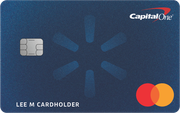

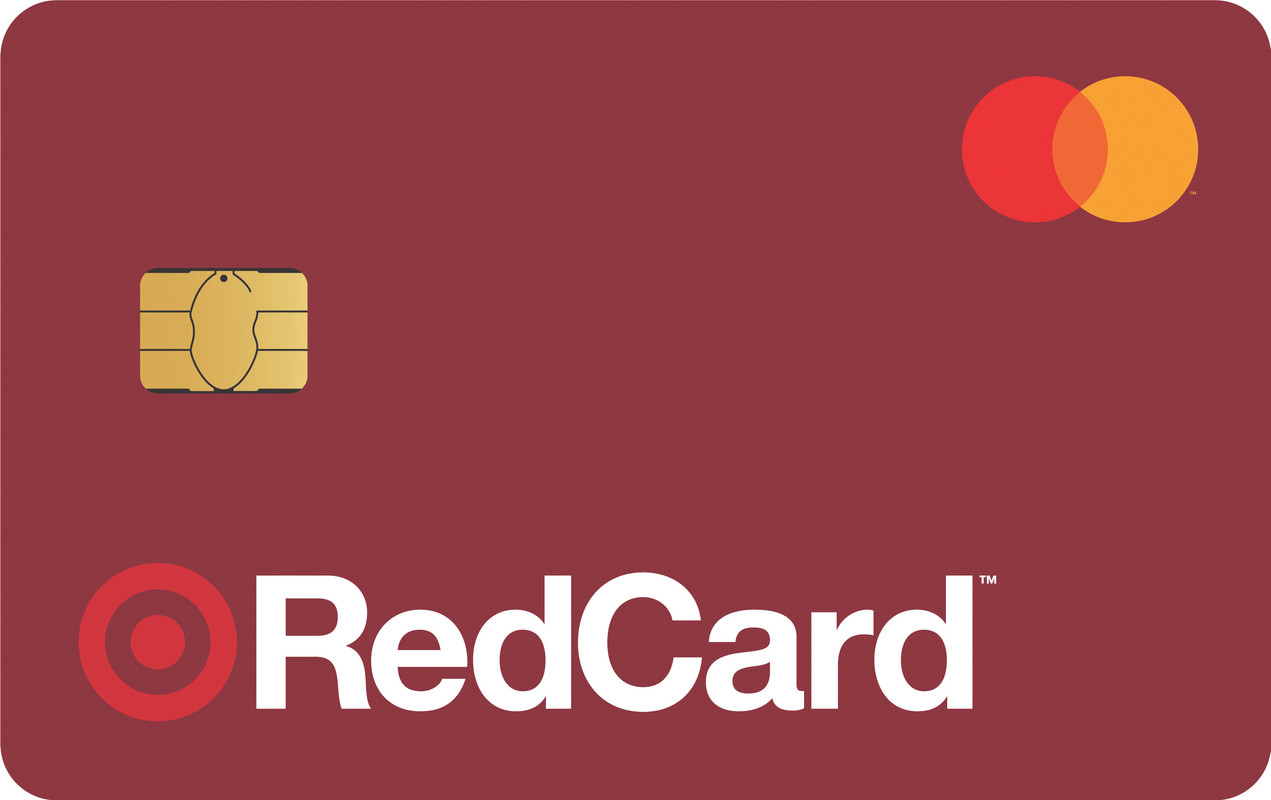

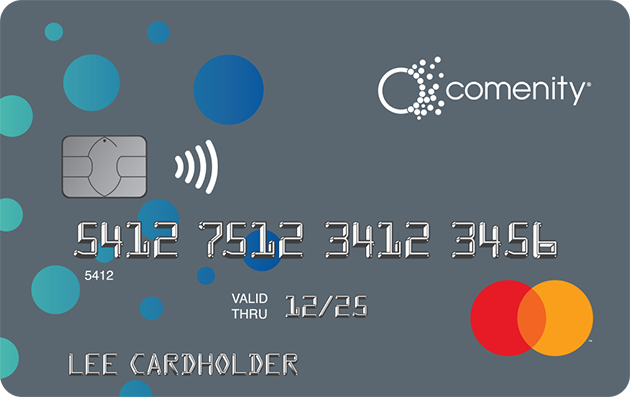




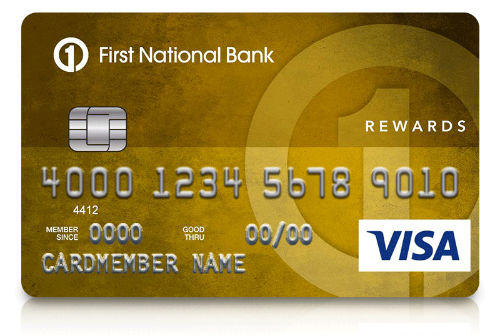

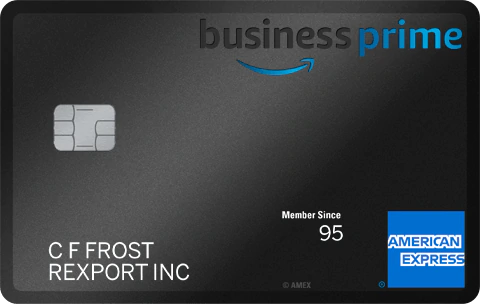
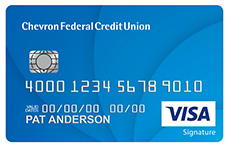
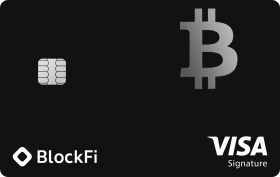
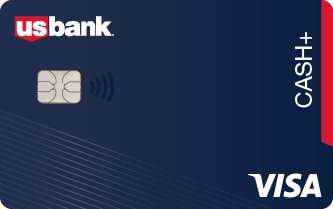
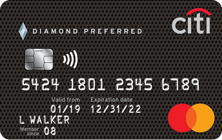
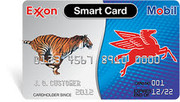

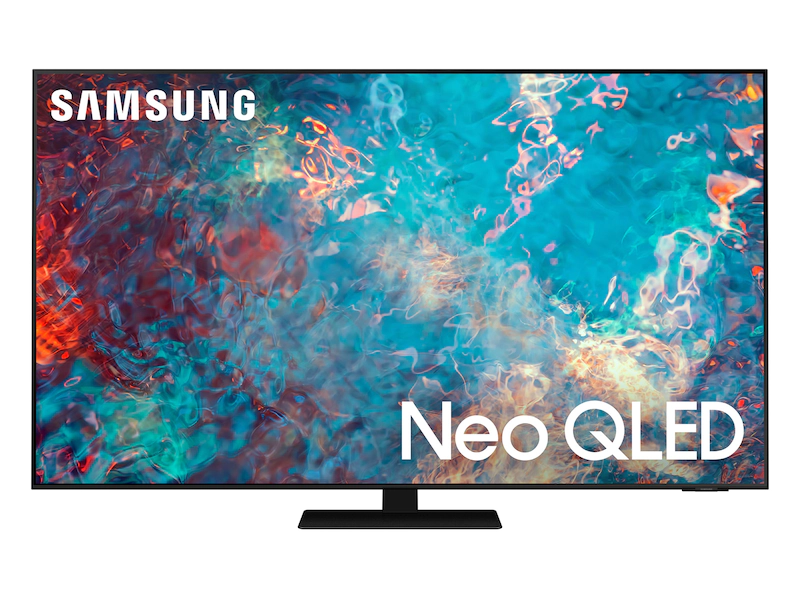
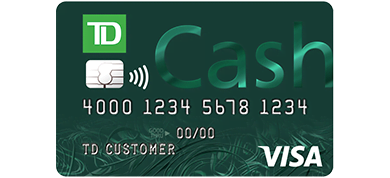
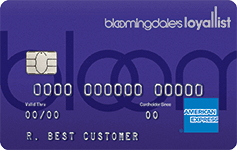
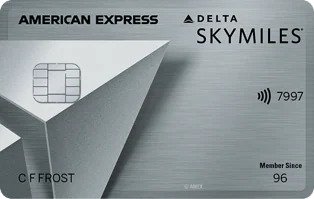

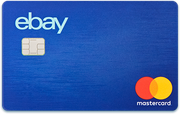
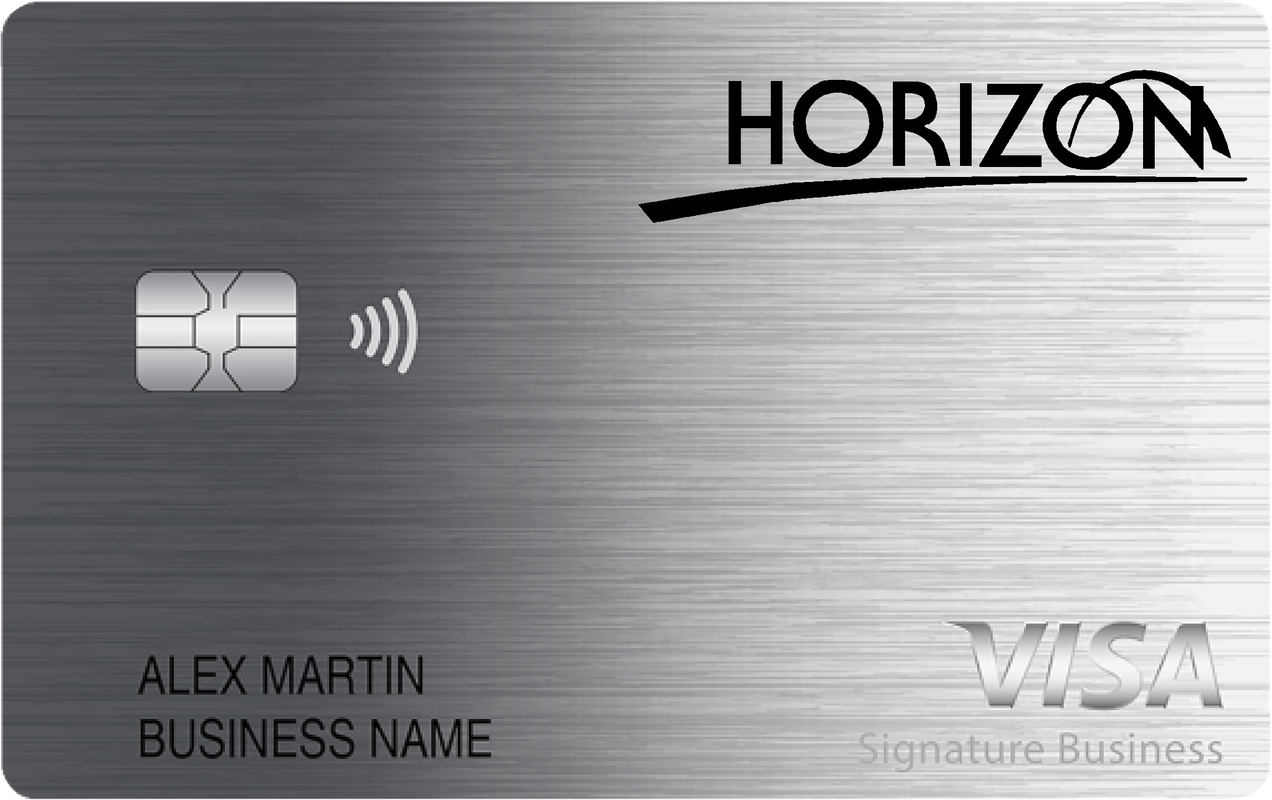 >
>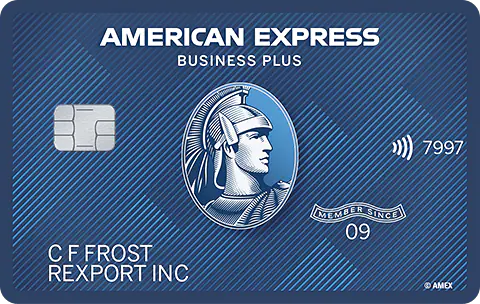
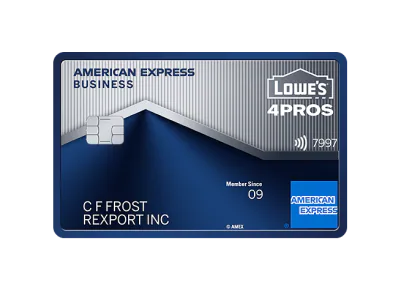


Goal Cards:
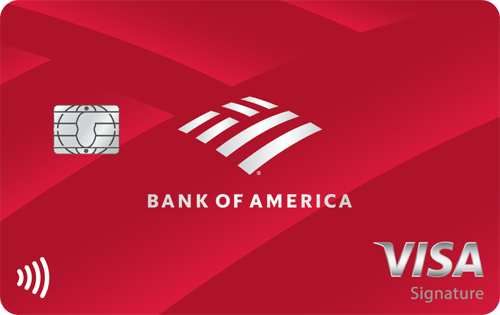
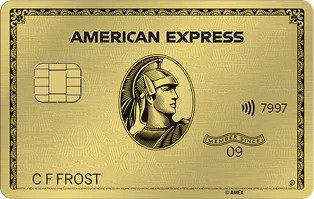



- Mark as New
- Bookmark
- Subscribe
- Mute
- Subscribe to RSS Feed
- Permalink
- Report Inappropriate Content
Re: Surprising message from Target Redcard
@Rudy1 wrote:That's nice that they do that so you don't forget. What most likely happened is they tried to send a message and it bounced or the name linked to that phone number changed.
No, the whole point of number porting is that is it basically transparent. Sending a message to my old (and current!) number works fine. And the message implies (not conclusively I admit) that the carrier initiated the conversation
- Mark as New
- Bookmark
- Subscribe
- Mute
- Subscribe to RSS Feed
- Permalink
- Report Inappropriate Content
Re: Surprising message from Target Redcard
@SoCalGardener wrote:That's bizarre! At least to me. How could the carrier... oh, wait, were you auto-paying your phone bill with the credit card in question? (I know nothing about this card, i.e., if it's a store or major credit card.) If not, how did they even know about this credit card?
Most likely the card issuer subscribes to the service with the phone carriers. Since phone numbers are used for verification, it's important that the credit card company is aware when the phone number is potentially no longer linked to the cardholder.
- Mark as New
- Bookmark
- Subscribe
- Mute
- Subscribe to RSS Feed
- Permalink
- Report Inappropriate Content
Re: Surprising message from Target Redcard
Chase does this as well; very occasionally there will be a post about it, here's one I was able to put my hand on: https://ficoforums.myfico.com/t5/Credit-Cards/Amazing-how-quickly-CC-companies-learn-about-any-chang...
When I changed providers last summer I got the same message from Chase, and Zelle was also deactivated for USAA until I did a profile update. I agree that it's uncanny how quickly the notifications came in.
- Mark as New
- Bookmark
- Subscribe
- Mute
- Subscribe to RSS Feed
- Permalink
- Report Inappropriate Content
Re: Surprising message from Target Redcard
I for one see this as a security feature. Most of the examples here relate to direct bank account access. Target Debit card. Zelle. The Chase example could be debit also.
On some of the "tell us your verification cell phone number" screens there is a paired field to specify your cell carrier. That may be also derived behind the scenes in some other cases that we don't see.
Target, as the target of a notorious data breach not that long ago, seems to have other significant controls over data one does not see everywhere.
Our cell phones have become a critical identification tool for many two-factor authentication methods. Someone spoofing your phone, after lifting your debit card info, would be a terrible combination. Knowing the carrier along with the cell number, if my theory is correct, would benefit that part of data security.
Oct 2014 $46k on $127k 36% util EQ 722 TU 727 EX 727
April 2018 $18k on $344k 5% util EQ 806 TU 810 EX 812
Jan 2019 $7.6k on $360k EQ 832 TU 839 EX 831
March 2021 $33k on $312k EQ 796 TU 798 EX 801
May 2021 Paid all Installments and Mortgages, one new Mortgage EQ 761 TY 774 EX 777
April 2022 EQ=811 TU=807 EX=805 - TU VS 3.0 765
